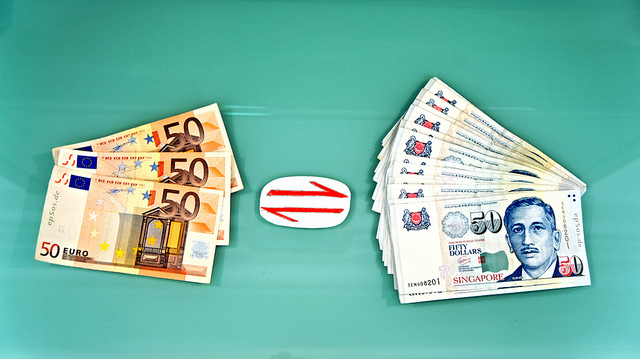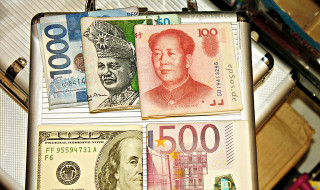One cannot simply deny that time is among the most valuable commodities on Earth. The idiomatic expression of “time is money” was first recorded in 1572. Time was seen as a finite resource that shall not be wasted since then. We must complete tasks as quickly as possible because time is irreplaceable. You can always stream shows online but, you can never bring back time.
The nature of time is understood in diverse ways by different cultures. Generally speaking, the manner that the Southern Europeans perceive time opposes how Americans and Asians perceive it. Southern Europeans put more weight on multi-activity. They will feel more fulfilled if they accomplished more things simultaneously. Setting appointments is less important than living in the present moment.
On the other end of the spectrum, Americans put more weight on linear activity. In a capitalistic society, time is considered as a fast flowing and precious currency. You have to take immediate actions if you want to benefit from its passing.
For Asians, I am only focusing on the Japanese and Singaporeans. Japanese are globally renowned for their punctuality and ability to commit. They have a high degree of predictability and consistency. This is why you must not bring “surprises” (e.g., hidden costs) during a business deal.
Lastly, Singaporeans practice courtesy most of the times. One of the cultural values we possess is the potent adherence to hierarchical relationships in the society. This is partly influenced by the Confucian teaching. A good way to maintain courtesy and respect toward our superiors is by honoring their time.
Fortifying Timekeeping In The Workplace
Timekeeping is an important skill to practice in the workplace. A dimension of timekeeping is punctuality. What is special about punctuality is that it can communicate a basket of positive characteristics to your superiors, subordinates, and peers. It creates initial and long-lasting impressions.
At first glance, it manifests that you are dedicated to your position and that you controlled the responsibility handed over to you. Punctuality is crucial to efficiently finishing assignments and projects. Sticking with the deadlines assures your clients that they can depend on you to get the job done.
In the long run, punctuality acts as a sign of professionalism. In an interdependent working environment (seen in many Singaporean firms), you must do your own part so that things can run smoothly. Can you imagine how many patients will suffer if the resident Physicians were an hour late to the hospital? The nurses are not equipped to do some of their tasks.
Aside from the impressions, punctuality has team and personal effects. You can display that you are a great team-player when you arrive on time for meetings and shifts. The way that you value your time demonstrates your respect for your colleagues and clients. Let us be honest! It is usually frustrating to cover for someone’s shift with no valid reasons.
Lastly, punctuality is beneficial due to its personal effects of building discipline and self-confidence. Discipline is a result of constantly paying attention to your tasks and organizing your time based on your priorities. While self-confidence is shaped by mastery. The more promises and tasks you fulfill, the more you will believe in your own capabilities.
May you begin to realize that timekeeping is essential in the workplace. Stand out from the crowd and assure your employer that you are worth keeping by being punctual!










